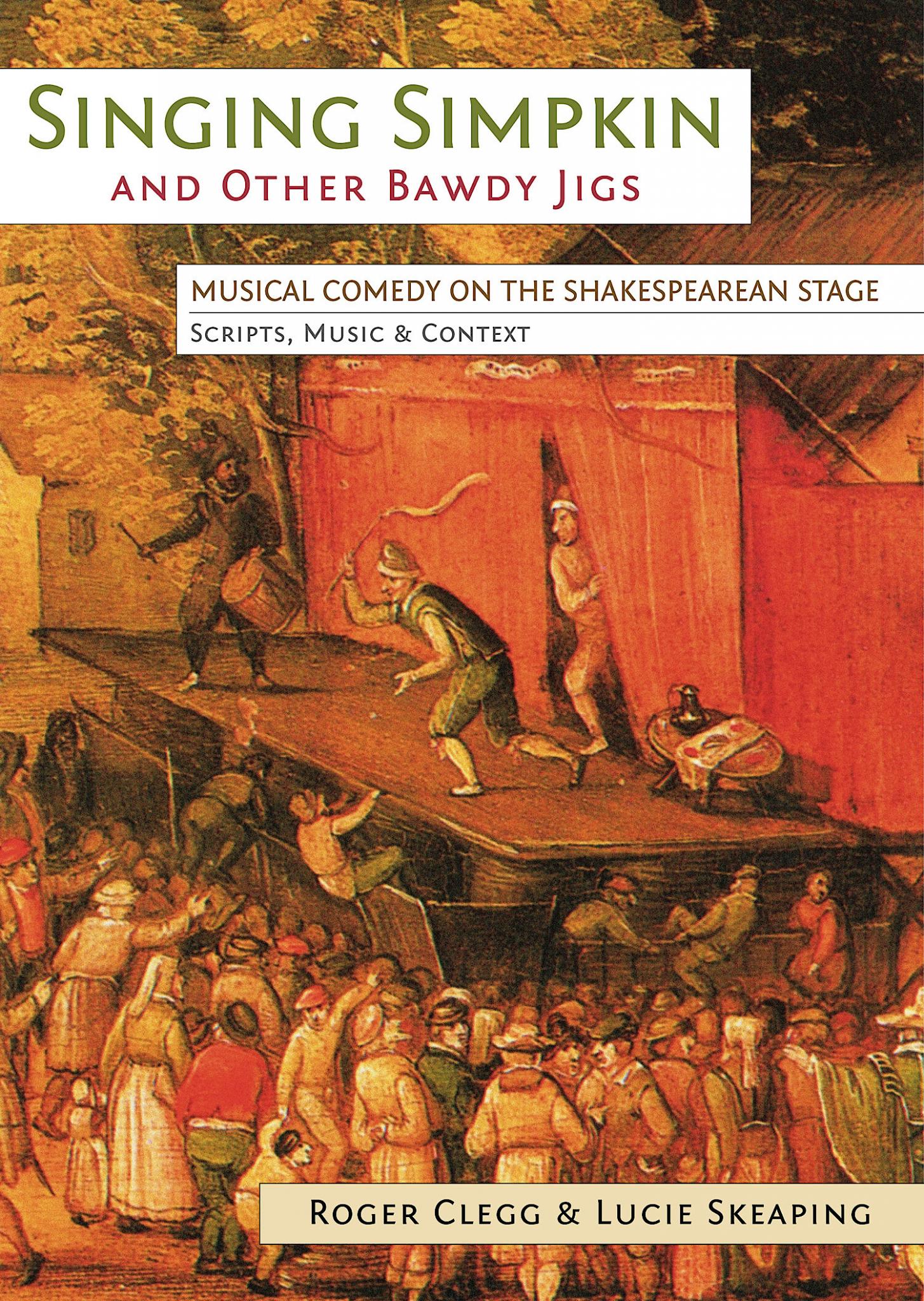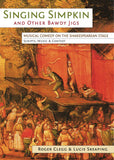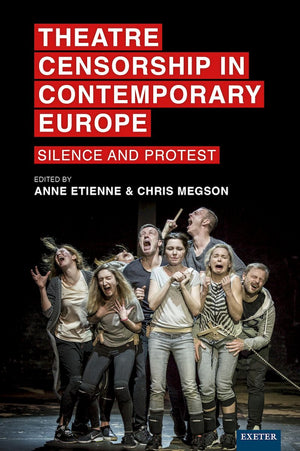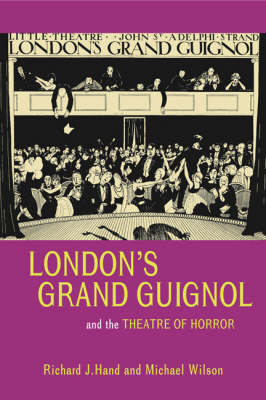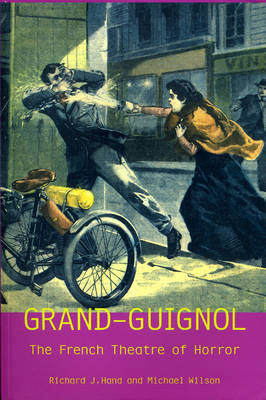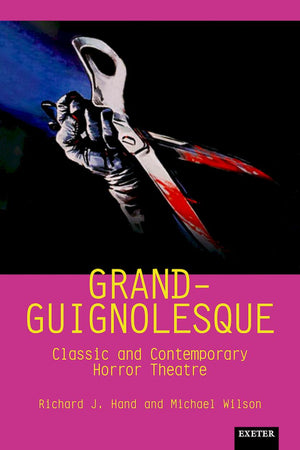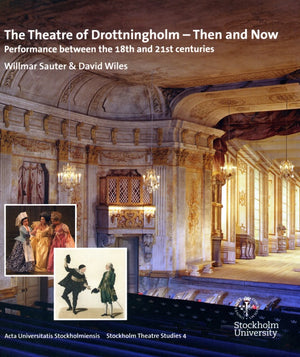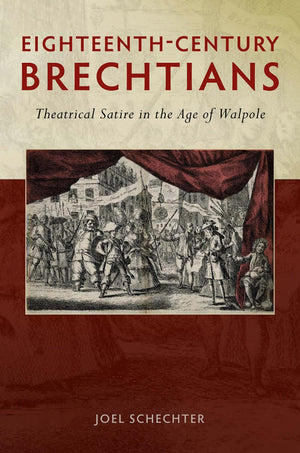University of Exeter Press
Singing Simpkin and other Bawdy Jigs
Musical Comedy on the Shakespearean Stage: Scripts, Music and Context
Couldn't load pickup availability
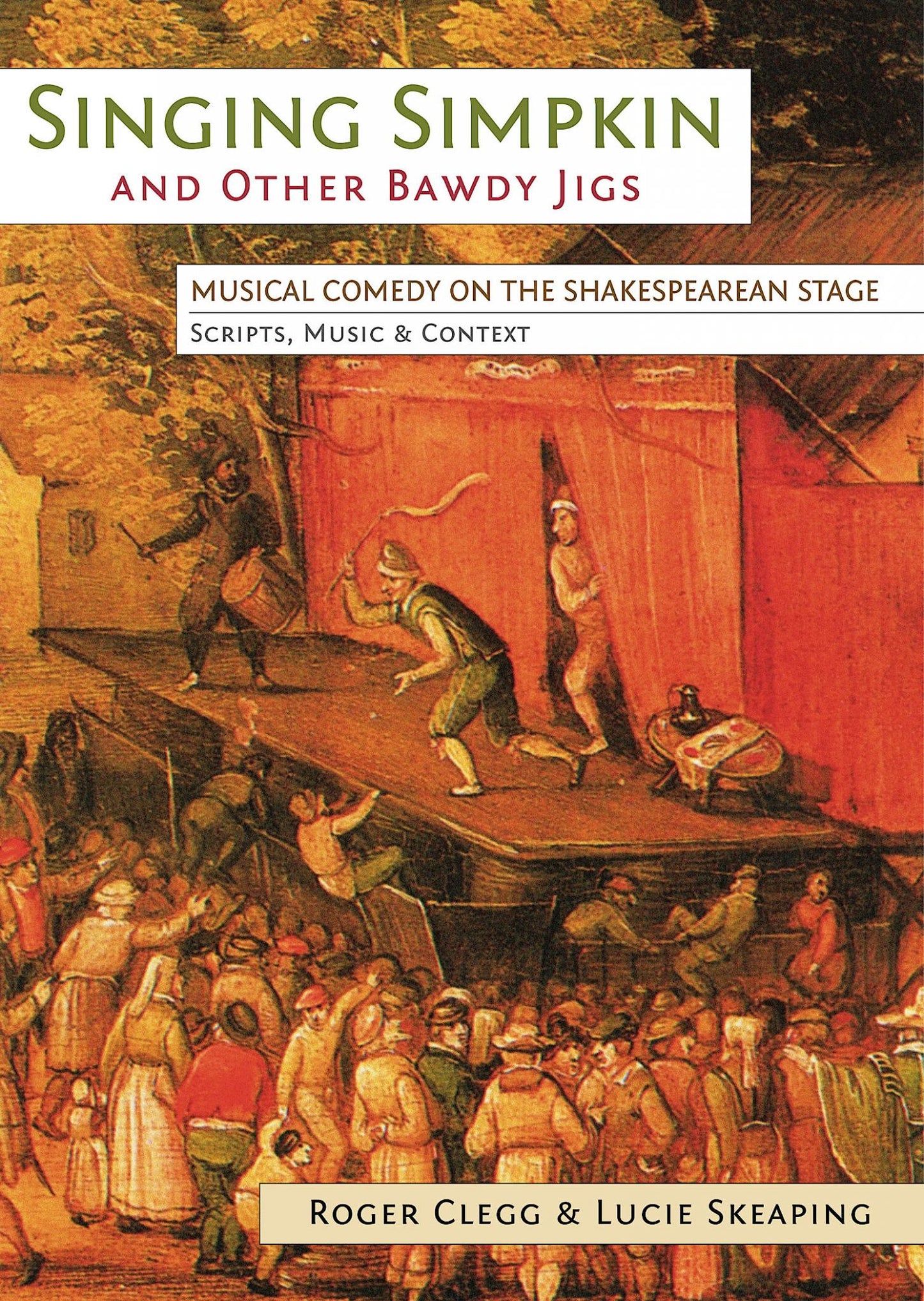
- 352 Pages
A popular crowd-pleaser in the late 16th and mid-17th century, the dramatic jig was a short, comic, bawdy musical-drama which included elements of dance, slapstick and disguise. With a cast of ageing cuckolds and young head-strong wives, knavish clowns, roaring soldiers and country bumpkins, jigs often followed as afterpieces at London’s playhouses, and were performed at fairs, in villages and in private houses. Troublesome to the authorities, they drew the crowds by offering a lively antidote to more sober theatrical fare.
This performance edition presents for the first time nine examples of English dramatic jigs from the late sixteenth century through to the Restoration; the scripts are re-united as far as possible with their original tunes. It gives a comprehensive history, discusses sources, plots, instrumentation and dancing, and offers practical information on staging jigs today.
Includes:
-
Transcriptions of the original texts
-
Contextual notes: plot synopses and discussion of sources, themes and audience reception
-
Musical notation for each tune, with suggestions for underlay and chords, and notes on instrumention and style
-
Appendix of dance instructions and reconstructions
A popular crowd-pleaser in the late 16th and mid-17th century, the dramatic jig was a short, comic, bawdy musical-drama which included elements of dance, slapstick and disguise. This performance edition presents for the first time nine examples of English dramatic jigs from the late sixteenth century through to the Restoration.
‘The book reinvigorates this lively and little-known form […] addresses the full range of formal elements of the jig: texts, music, dance, staging, social context, and audience reception, spurring a critical return to formal and aesthetic considerations.
'The wiriting is crisp and jargon-free and avoids political correctness.
‘[…] clearly written, with a deep respect and admiration for the material it covers’
Robert M. Black, Theatre Journal Vol 68, No 1 March 2016‘[…] there is no doubting the sound scholarliness of the book’
Andrew C. Rouse Folk Life Vol 53, No 2 October 2015‘Clegg and Skeaping’s monograph is the first dedicated study of the early modern jig in nearly a century.’
‘The book is more than the sum of its parts: it is a key contribution to the understanding of the diversity of early modern English theatre practice not only in London but also elsewhere in Britain and on the Continent, complementing existing research on the topic.’
Pavel Drábek, Studies in Theatre and Performance 2016‘a thoroughly researched and densely documented volume, represents the most substantial and authoritative study of this elusive and much misunderstood theatrical genre’ (Stanley Wells, The Times Literary Supplement, 18 June 2014)
‘As a blueprint and guide for the creation or re-creation of the stage jig […] the book is invaluable’
(Bill Tuck, Historical Dance, Vol. 4, No. 3, 2016)‘This volume assists those wishing to trace precisely the emergence of the European lyric theatre from its early, popular roots.’
‘It is exemplary.’
(Russ McDonald, Opera, March 2015)‘Some [readers] will enjoy the historical background and the jig texts themselves; others may want to skip the history and head straight to the rehearsal studio’
(Ken Pierce Dance Chronicle Vol 38:1 March 2015‘Lucie Skeaping’s experience as a compiler… and as director of The City Waites ensures appropriate matches when information is missing. Her expertise is matched by Roger Clegg’s knowledge of Renaissance popular theatre and comedy generally.’ (Jeremy Barlow, Early Music Today, June-August 2014)
Singing Simpkinpresents and appraises textual and musical evidence relating to the stage jig with exemplary thoroughness. The book adds greatly to our picture of stage performance generally, from Shakespeare's time to the Restoration.
Jeremy Barlow, specialist in early English music'published at an affordable price in a handsome large paperback format, this collection [...] is broadly and deeply informed'
'this book’s best feature is usefulness. But it is a usefulness so wide-ranging as to be remarkable. Singing Simpkin will be, or ought to be, valued by musicologists, theatre or performance historians, seeksers after the aesthetics of Shakespearean drama, cultural historians, and many others including (hopefully) current-day theatrical practitioners aiming to re-animate historical modes of playing.' (B.J. Sokol, Shakespeare, Volume 10 No. 3, 2014)‘Interesting and enjoyable’
‘A very worthwhile book which may be read by anyone interested in early modern drama, song and popular music, and social history, and by those concerned with contemporary performance of historical material.’
‘The book strikes a good balance between a learned introduction to the genre and an edition from which performances can be made.’
‘I do not think one could ask for more of the editors: there is maximum transparency; the whole thing is carried off very well; and there is a great deal of sound sense in the writing. I commend the book to anyone interested in the subject.’ (Vic Gamon, Folk Music Journal, Volume 10 (5), October 2014)‘This book, however, is more than a performers’ edition; it is also a scholars’ edition. The research is thorough and the referencing meticulous. A generous introduction sets the English jig into historical context, discussing in detail its rise and eventual fall in the decades between 1570 and 1700.’
‘For academics in at least four disciplines (English, drama, history and musicology) this gathering together within one book of so many compositions and so much contextual material represents a very welcome addition to the existing literature.’
‘This is an excellent volume and it deserves attention from a wide range of scholars and performers.’ (Christopher Marsh, Early Music, Volume 42 (4), November 2014)‘Roger Clegg and Lucie Skeaping’s wonderful collection of nine English jigs… is an exemplary exercise in collaboration.’
‘This is an excellent piece of research and a valuable resource.’ (Neil Rhodes, Scottish Journal of Performance, Volume 2.1, December 2014)‘What happens when you follows a Shakespearean tragedy, or even a romantic comedy, with a bawdy musical farce laced with bouts of vigorous dancing?... Thanks to the authors of this excellent volume, for the first time in several hundred years, there is ready access to the information needed to mount a production of this kind.’ (Gillian Spraggs, Comedy Studies, Volume 6.1, 2016)
‘remarkably free of disciplinary jargon, and this accessible to all’
‘A book for scholars, teachers, and particularly for performers, this [is a] decidedly practical book’
‘no other editions are as readable, nor provide as much useful performance information’
‘a very valuable addition to the study of early modern dramatic literature’ (Catherine A. Henze, Comparative Drama, Volume 49.1, 2015)‘Anyone with an interest in early modern drama and popular culture will find much to enjoy here and will welcome this nicely produced edition.’ (David Atkinson, Folklore, 126.1, 2015)
‘This excellent book offers a history of the genre, nine examples of English dramatic jigs from the period, and useful information on how to perform them.’ (Early Music America, Fall 2014)
‘[…] this engaging edition allows one to imagine how these dramatic afterpieces might have functioned both on stage, an in Early modern society more generally.’ (David Lindley, Theatre Notebook, Vol. 69.2)
List of illustrations
Preface
Acknowledgements
Abbreviations and referencing conventions
A history of the dramatic jig
The scripts and tunes:
Wooing of Nan
Rowland’s God Son
Singing Simpkin
Francis’ New Jig
The Black Man
The Jig of St. Denys’ Ghost
The Libel of Michael Steel
Fools Fortune
The Cheaters Cheated
Staging the jigs
Text
Music
Dance
Appendix: Dance instruction
Bibliography







